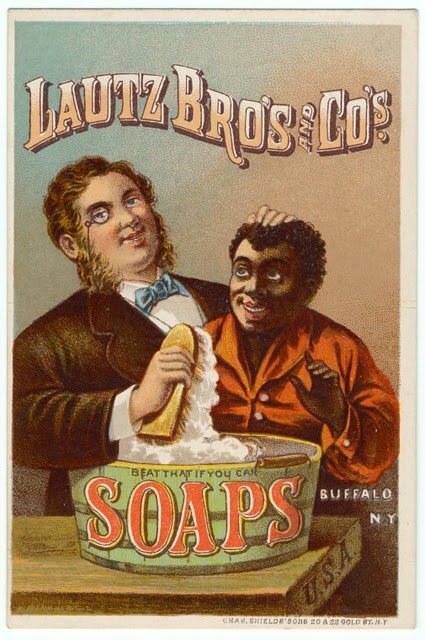Impetus to Corporate Duty of Care

Markus Mugglih, Infosperber , Mar 03, 2020, English
Translation by Milena Rampoldi, Companies are far away from fulfilling the UN
principles for business and human rights. This is shown by new studies.
Translation by Milena Rampoldi, Companies are far away from fulfilling the UN
principles for business and human rights. This is shown by new studies.
The
human rights due diligence is still far away from a matter of course for
companies. Studies on German , Finnish and
Irish companies confirm this fact. The same
applies to the latest edition of the “Corporate Human Rights Benchmark” report on companies from
all other the world, published before the end of 2019. The new benchmark report,
analyzing 200 instead of just 100 internationally active companies working in
the food, textiles, minerals and new information and communication technology
industries regarding their handling of human rights, does indeed show some
progress. Adidas, Unilever and the Mark & Spencer Group receive the best
grades with more than 70 out of a maximum of 100 points. But a quarter of the surveyed
companies don’t even reach ten points.
human rights due diligence is still far away from a matter of course for
companies. Studies on German , Finnish and
Irish companies confirm this fact. The same
applies to the latest edition of the “Corporate Human Rights Benchmark” report on companies from
all other the world, published before the end of 2019. The new benchmark report,
analyzing 200 instead of just 100 internationally active companies working in
the food, textiles, minerals and new information and communication technology
industries regarding their handling of human rights, does indeed show some
progress. Adidas, Unilever and the Mark & Spencer Group receive the best
grades with more than 70 out of a maximum of 100 points. But a quarter of the surveyed
companies don’t even reach ten points.
The best Swiss corporations are just mediocre
Among
the 200 surveyed companies, 5 companies – Nestlé, Glencore, Lafarge Holcim, Lindt
& Sprüngli and TE Connectivity – are headquartered in Switzerland. The best
rating is that of 55.2 points reached by Nestlé. Nestlé is followed by Glencore
with 46.1 points. This means that the raw materials group is still above the
average of all companies. The other three do significantly worse. The cement
multinational company Lafarge Holcim achieved 24.5, the chocolate producer Lindt
& Sprüngli just 5.9 and TE Connectivity, a provider of connectivity and
sensors having its financial headquarters in Schaffhausen, even 4.8 points.
the 200 surveyed companies, 5 companies – Nestlé, Glencore, Lafarge Holcim, Lindt
& Sprüngli and TE Connectivity – are headquartered in Switzerland. The best
rating is that of 55.2 points reached by Nestlé. Nestlé is followed by Glencore
with 46.1 points. This means that the raw materials group is still above the
average of all companies. The other three do significantly worse. The cement
multinational company Lafarge Holcim achieved 24.5, the chocolate producer Lindt
& Sprüngli just 5.9 and TE Connectivity, a provider of connectivity and
sensors having its financial headquarters in Schaffhausen, even 4.8 points.
The
“benchmark” report shows that all Swiss companies have the greatest
need to act on the issue of reparations for human rights violations. However, this
result is not surprising, since the economy is particularly defending itself
against non-slip liability provisions in the debate about its human rights
responsibilities. All five companies achieve less than half of the potential
number of points. In the crucial parliamentary debate about tomorrow’s
corporate responsibility initiative, it will be shown again that the majority
of the contradictions lies in here.
“benchmark” report shows that all Swiss companies have the greatest
need to act on the issue of reparations for human rights violations. However, this
result is not surprising, since the economy is particularly defending itself
against non-slip liability provisions in the debate about its human rights
responsibilities. All five companies achieve less than half of the potential
number of points. In the crucial parliamentary debate about tomorrow’s
corporate responsibility initiative, it will be shown again that the majority
of the contradictions lies in here.
The
companies’ humble human rights certificates encourage the requests for binding
rules. In the EU, even companies increasingly seem to be advocating it. This is
the result shown by a study recently published by the
EU Commission .
A uniform standard in the EU on business and human rights would increase legal
certainty. Most of the industrial associations still oppose to it. However, the
EU Commission seems to want to draw up a regulation on corporate due diligence.
It remains to be seen whether Switzerland is willing to keep pace.
companies’ humble human rights certificates encourage the requests for binding
rules. In the EU, even companies increasingly seem to be advocating it. This is
the result shown by a study recently published by the
EU Commission .
A uniform standard in the EU on business and human rights would increase legal
certainty. Most of the industrial associations still oppose to it. However, the
EU Commission seems to want to draw up a regulation on corporate due diligence.
It remains to be seen whether Switzerland is willing to keep pace.


